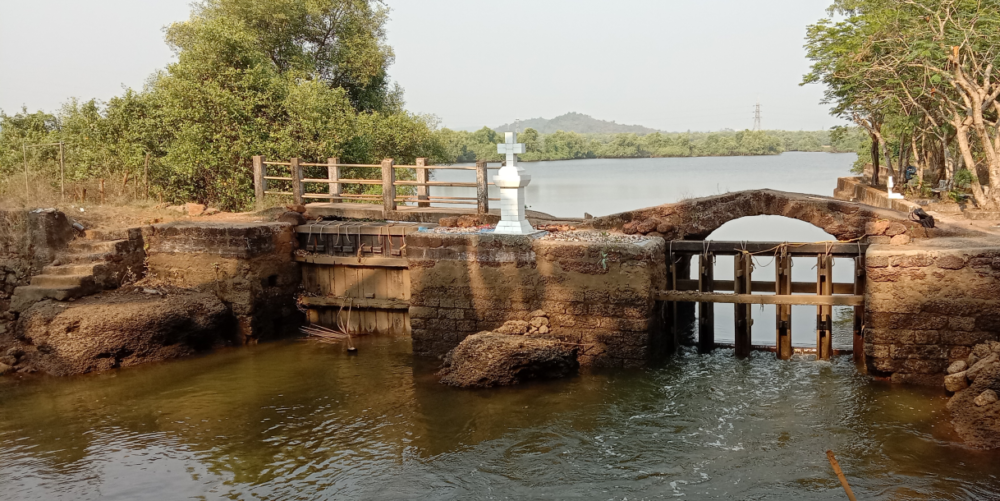By Neena Bhandari
Sydney, 07.06.2024 (SciDev.Net): A landslide forecasting system driven by artificial intelligence (AI) is being rolled out in Nepal, one of the most landslide prone countries in the world, as the monsoon season approaches.
Devastating landslides in Papua New Guinea last month show the need for better forecasting and early warning systems to protect lives and properties, especially in mountainous developing countries in Asia Pacific which lack dedicated disaster monitoring systems and the means to communicate risks to the population.
In Nepal, more than 80 per cent of land is on a slope and much of it was destabilised during the 2015 earthquake in Gorkha, which killed around 9,000 people, according to project lead Antoinette Tordesillas from the University of Melbourne. “With the monsoons due anytime now, we are helping policymakers and risk managers better prepare for future monsoons when increasingly frequent and heavy rains can trigger more devastating landslides,” she said.


